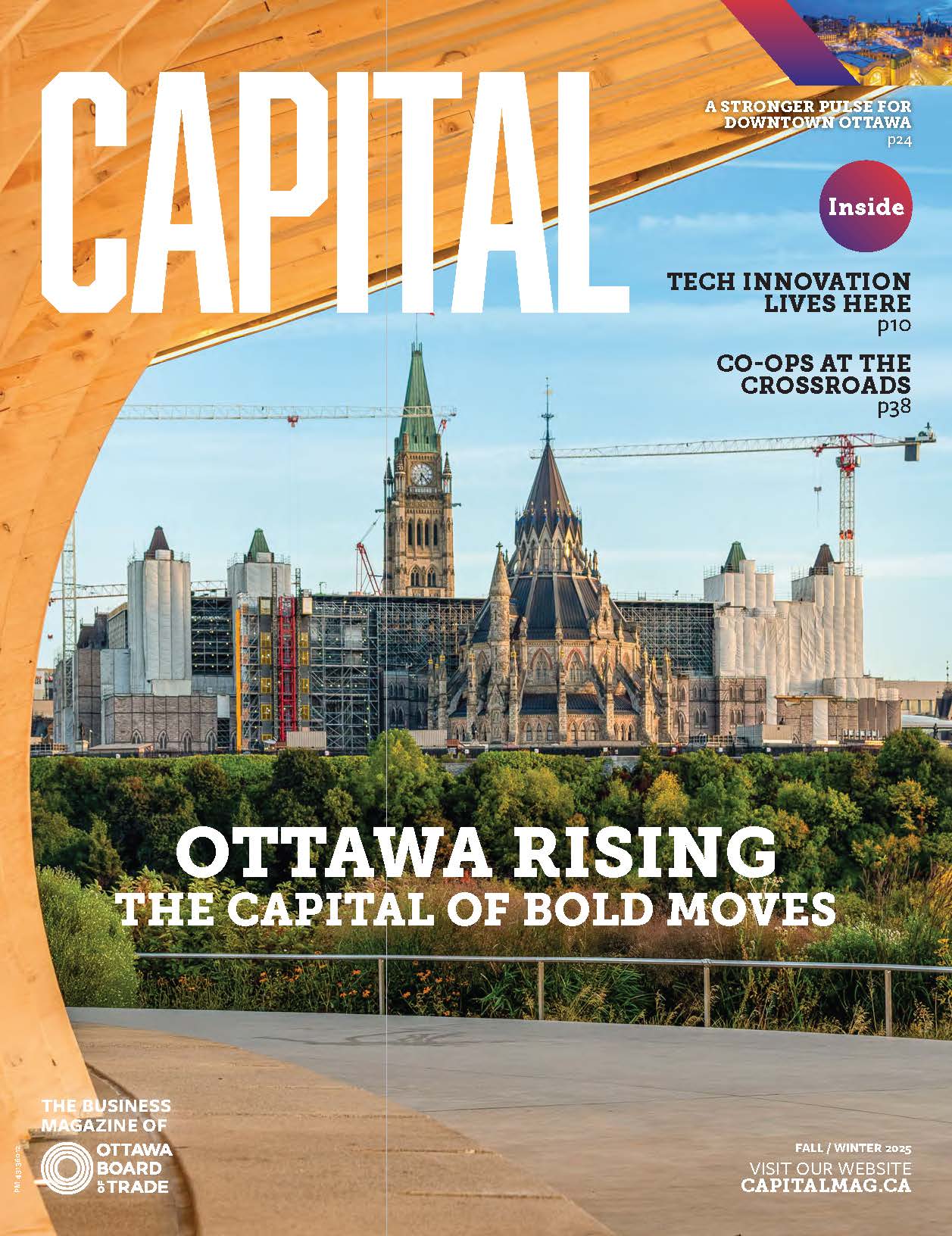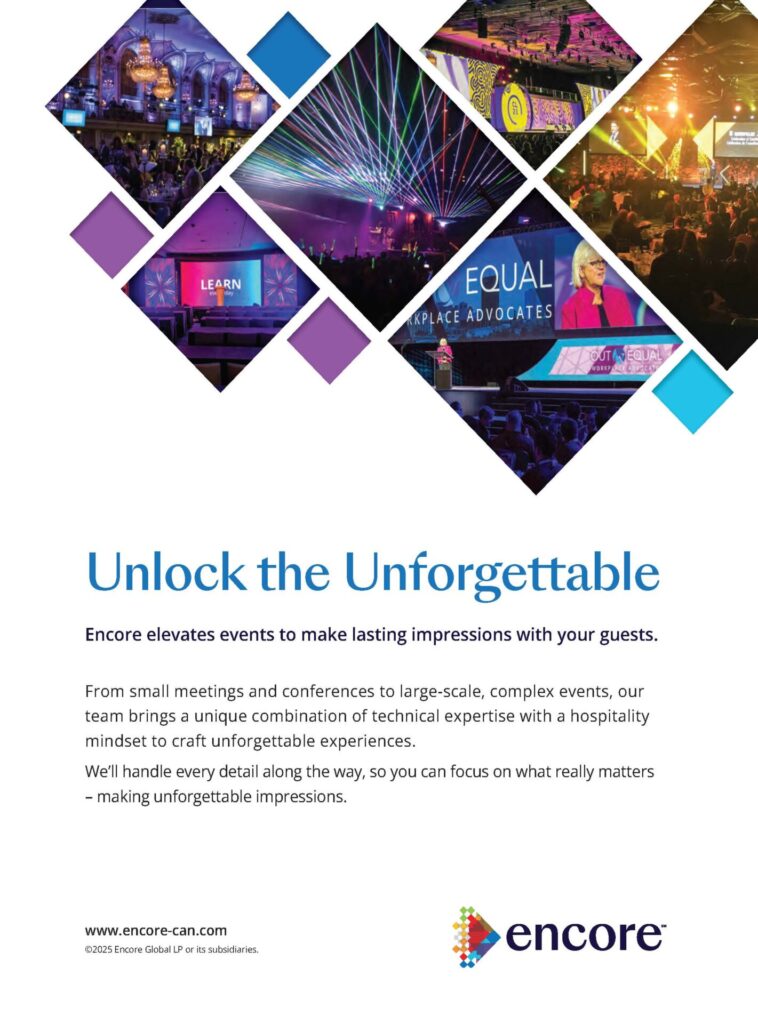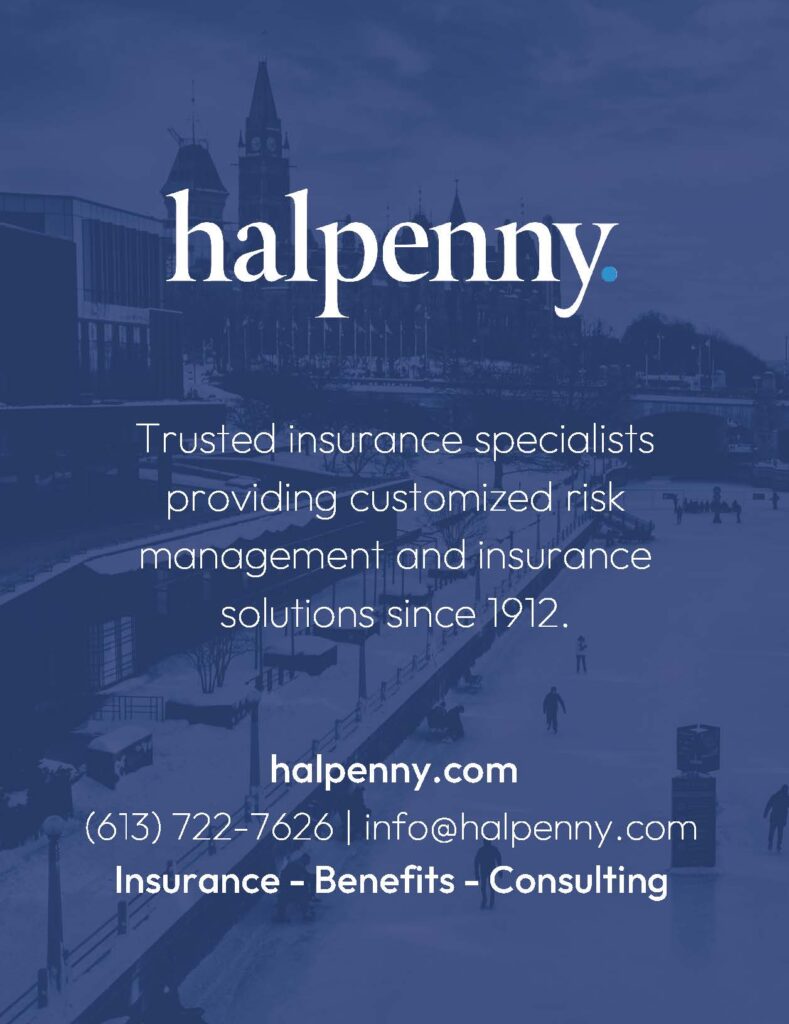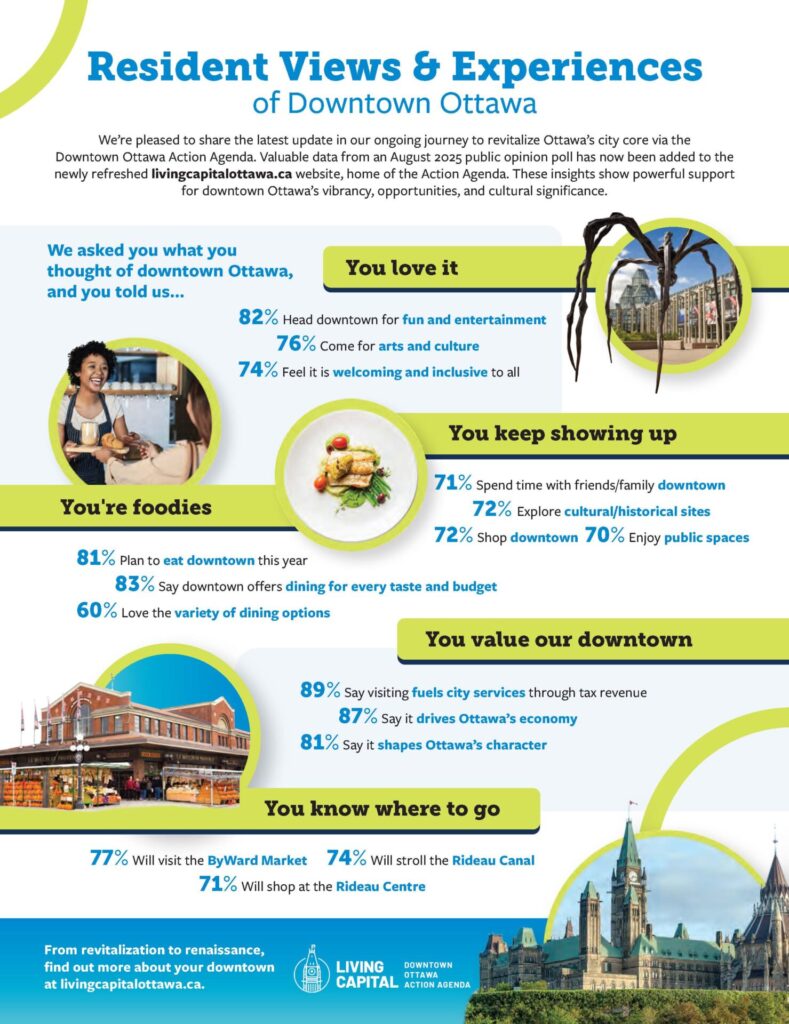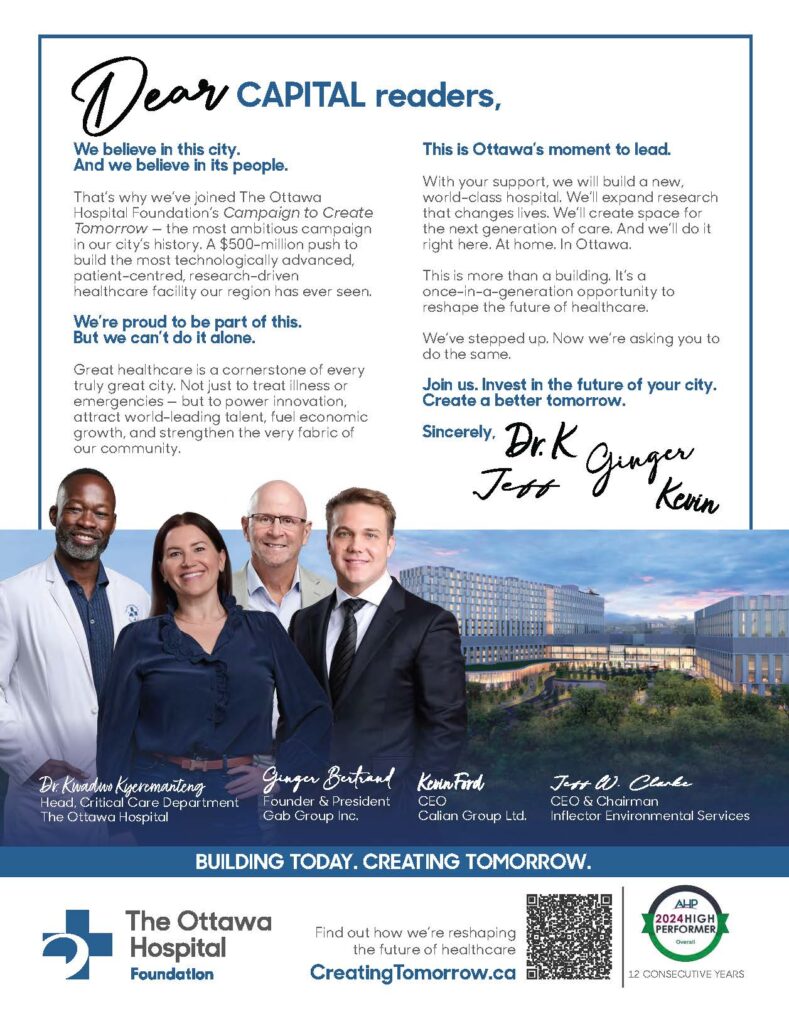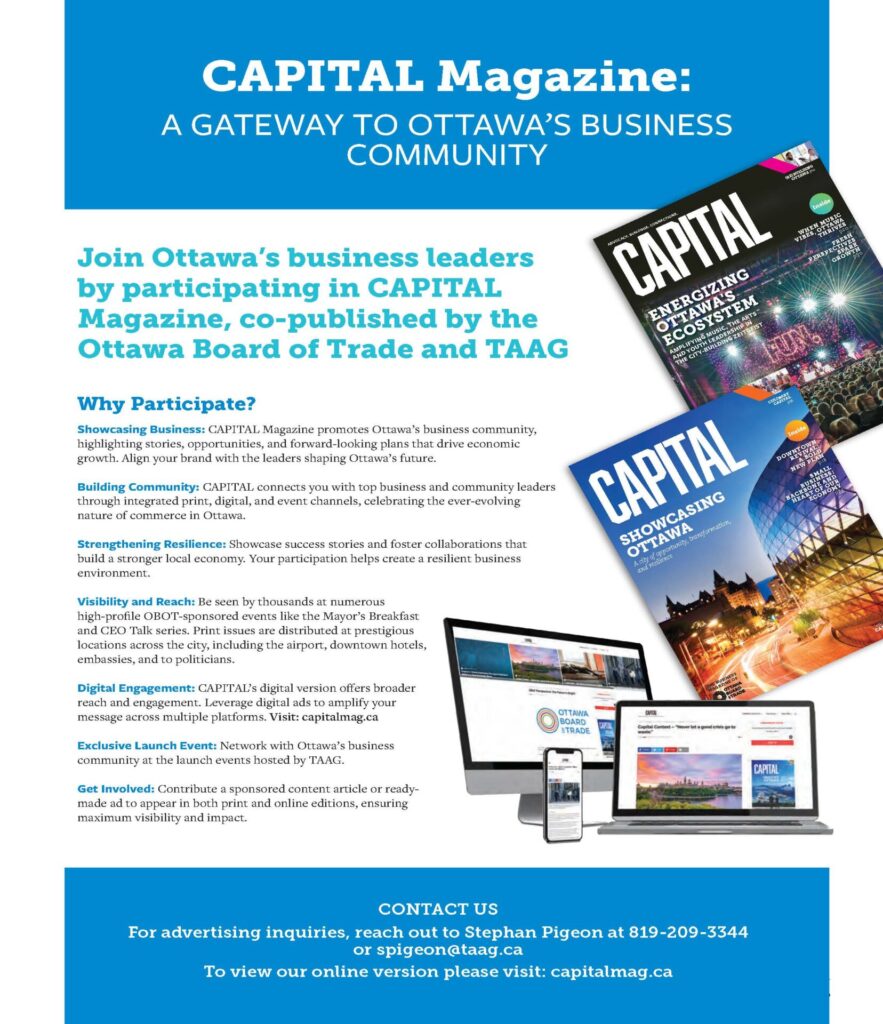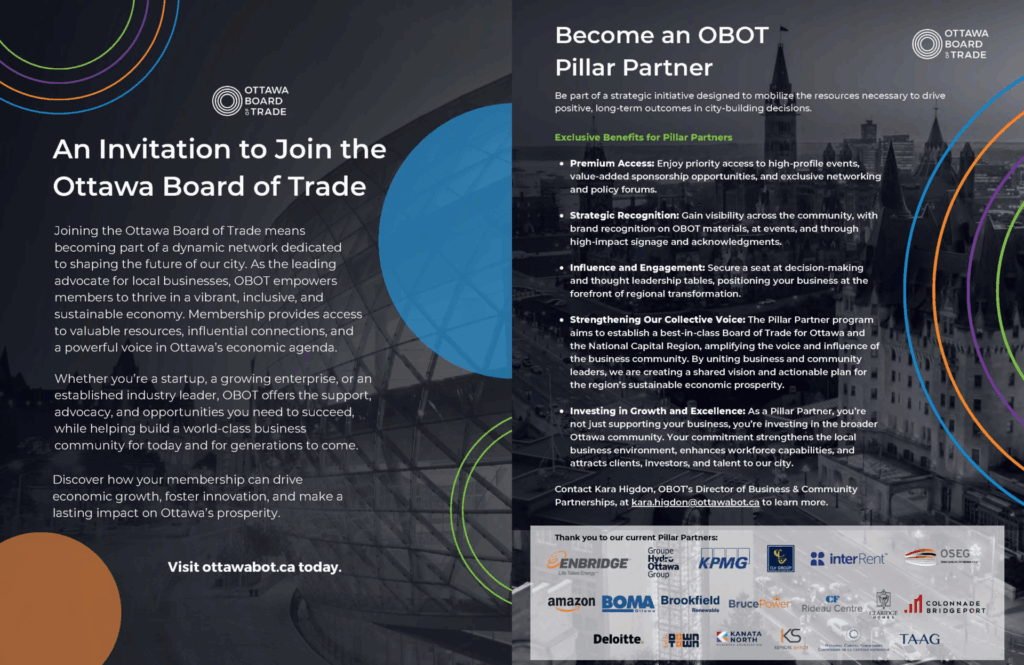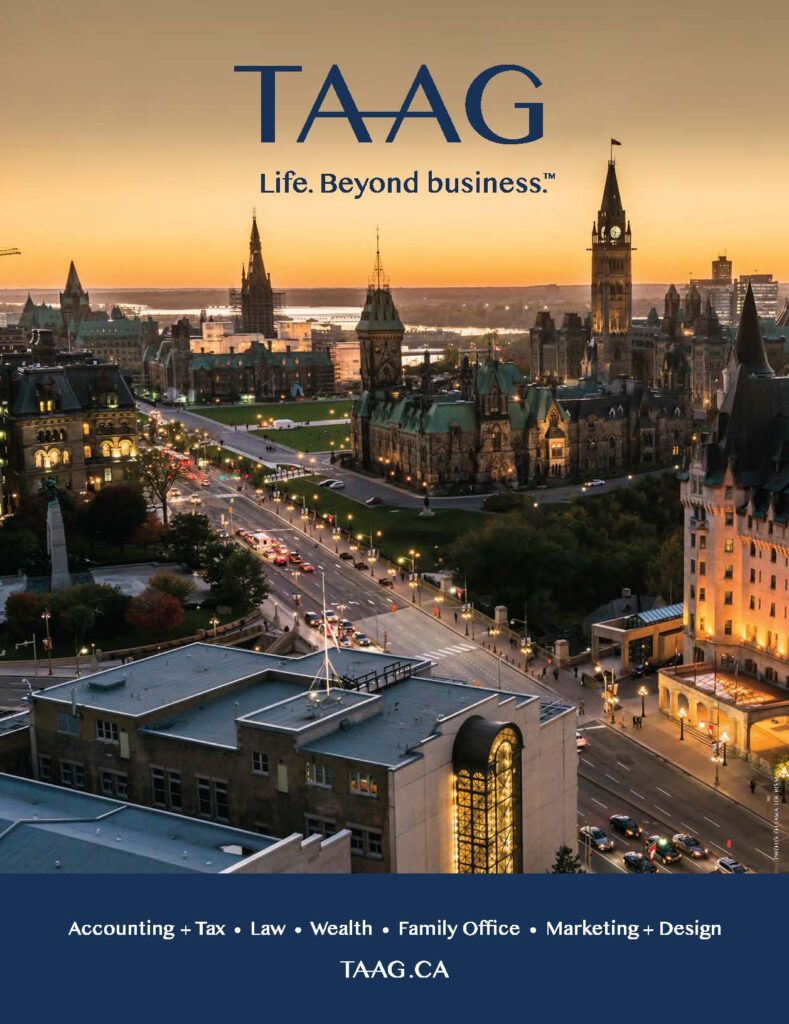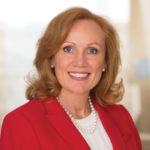HR Professionals: Driving Success in Modern Workplaces
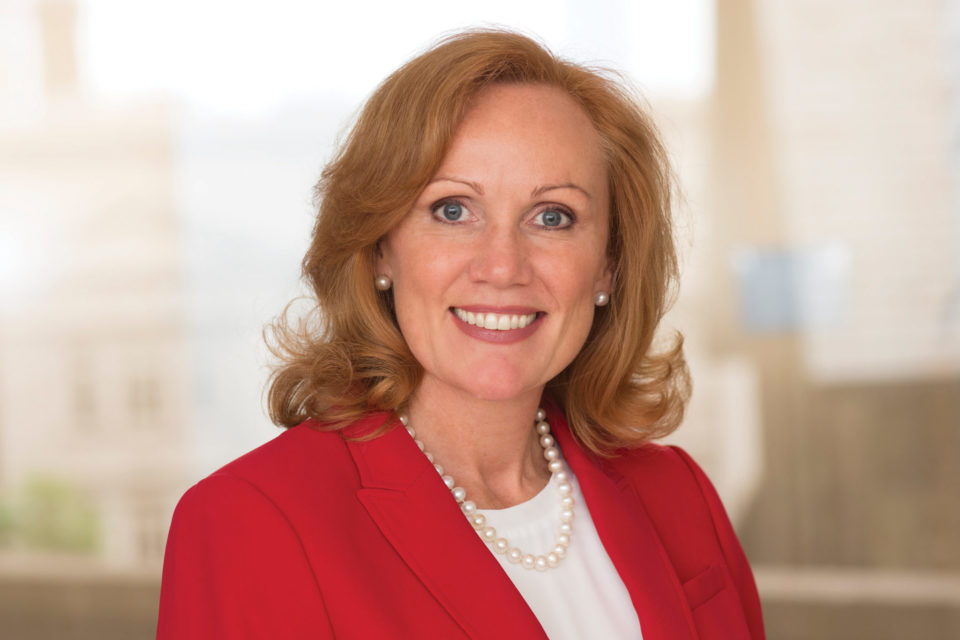
Louise Taylor Green, chief executive officer of the Human Resources Professionals Association
In a world of transformation and increased complexity, people are an organization’s most valued asset—and their competitive advantage. Never has it been more critical to ensure your organization manages its most precious resource—its people—with Human Resources professionals.
“The role requires a person of the highest professional calibre,” says Louise Taylor Green, chief executive officer of the Human Resources Professionals Association (HRPA). “And it goes further than just having the education and experience to call oneself an HR professional, it is about practicing HR in a truly professional way.
The Human Resources Professionals Association (HRPA) is the regulatory association for Human Resources with more than 23,000 registrants in Ontario.
Human Resources is a voluntary regulated profession in Ontario; and while anyone can call themselves a ‘human resources professional,’ without the requisite education, experience and oversight of professional standards that comes with regulation, there is no safeguard nor minimum standard of practice for those entrusted to lead human capital across Ontario.
Being a
professional
denotes
legitimacy
to the public
Regulated human resources professionals must have profession-specific knowledge, skills, experience, and exhibit specific behaviour. “For example, regulated HR professionals must abide by HRPA Rules of Professional Conduct and maintain their currency in the profession through minimum mandatory continuing professional development requirements,” Taylor Green explains.
The caliber of a profession is measured by the quality of its designations: M.D., P.Eng., CPA, for instance. Human Resources also has professional designations conferred by HRPA, the Ontario HR regulator. Since 2014, HRPA has used a competency framework (similar to other professions) to test both the knowledge and the ability to apply that knowledge of HR professionals, reflecting the spectrum of expertise including: Entry designation (CHRP), Professional designation (CHRL), and Executive designation (CHRE).
“Being a professional denotes legitimacy to the public. It creates a reasonable expectation that when members of the public, whether workers or employers, interact with an individual or with members of that profession in the broader sense, they can count on truly professional practice achieved through rigorous education, experience and proven professional competence,” says Taylor Green.
Global competition for talent, technology, multigenerational workers and the gig economy continue to offer a solid opportunity for strategic organizations to benefit from HR professionals.
“We’re seeing significant changes to how work gets done, and this is often referred to as the ‘future of work’ where automation, such as AI/machine learning, robotic process automation, and simplified processes will cause HR teams to redesign the nature of jobs and work,” stresses Taylor Green. “HR professionals have the capability to build, sustain and evolve workplaces to meet the changing needs of employers and employees.”




